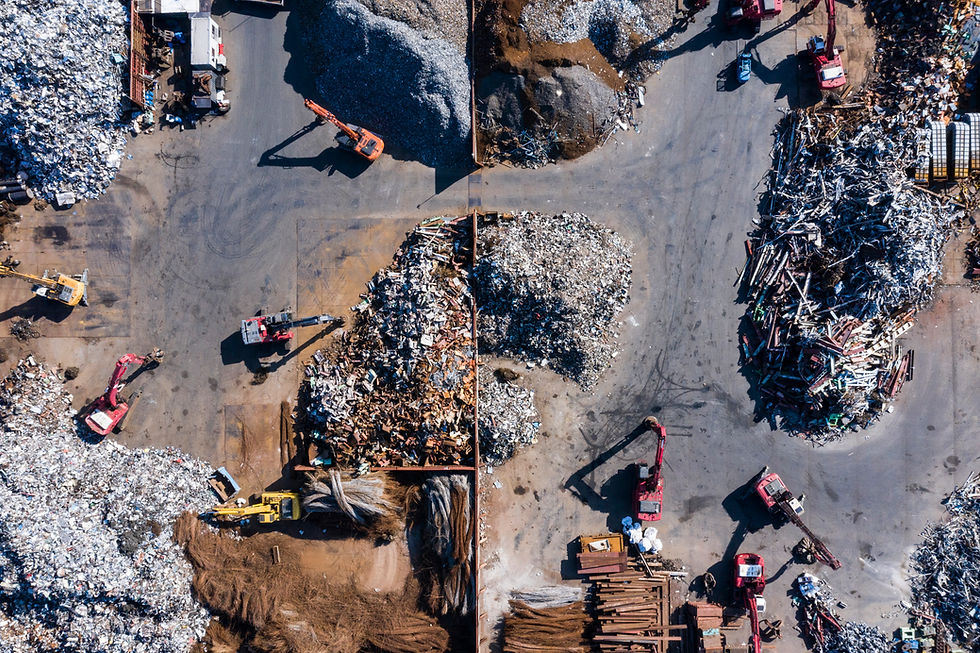top of page
FAQ
Got questions? We’ve got answers! Here’s everything you need to know before getting started.


Frequently asked questions
Not even close. Operators learn by doing. That’s why onsite, hands-on training matters. PowerPoints don’t teach someone how to feel a dozer track slip on a slope, the dirt does. Manuals don’t show you how a compactor leans before it tips, or how the machine groans when you’ve overloaded a bucket. Real training means being in the seat, with guidance, making mistakes in a controlled environment where the lesson sticks without the accident.
Classroom knowledge has its place, but iron is unforgiving, it doesn’t care what you memorized, only what you can execute. You can’t build confident, safe operators by lecturing them; you build them by standing shoulder to shoulder in the field until skill replaces guesswork.
No. It’s risk management, retention, and productivity all rolled into one. Training prevents lawsuits, keeps regulators off your back, and makes operators proud of their work. It’s the cheapest insurance policy you’ll ever buy. Think about it: one accident can cost more than a decade of training. A rollover, an injury, or a single regulatory fine doesn’t just drain the budget, it wrecks morale, slows production, and leaves a permanent black eye on your operation. On the flip side, trained operators don’t just avoid accidents, they run machines more efficiently, burn less fuel, move more tons, and extend equipment life. That’s money saved every single shift.
And here’s the kicker most companies overlook training is retention. Operators who feel invested in stay longer. They’re safer, sharper, and more loyal because they know the company has their back. Skip training, and you’ll spend triple trying to replace the people who leave or the machine you wreck.
Promoting without training. Handing someone a machine key or a supervisor title without equipping them is like setting fire to your future. You don’t get growth that way, you get accidents, turnover, and chaos. The moment you promote someone, every decision they make ripples through safety, production, and culture. If they don’t know how to read grades, balance loads, or lead people, they’re going to learn the hard way, and the “hard way” usually means damaged iron, frustrated crews, and a spike in incident reports.
Promotions shouldn’t be rewards for time served; they’re investments in your operation’s future. When you promote without training, you’re not just setting someone up to fail, you’re putting your entire team and bottom line at risk. Operators lose confidence, managers get defensive, and the good employees, the ones you need most, are usually the first to walk.
The cost isn’t just measured in mistakes; it’s measured in morale. Nothing drives people out the door faster than being led by someone who doesn’t know what they’re doing.
Yes. Experience is valuable, but without structured training, bad habits get passed down like family heirlooms. Training locks in consistency, safety, and compliance, not just “how Joe taught me.”
Yes, because bad management is too expensive to ignore.
Frontline Focus provides customized manager training to turn supervisors into real leaders, not just people with titles. Our decades of field experience mean we don’t just cover leadership basics; we train managers on regulatory compliance and operational excellence too. That’s the difference between keeping a crew busy and keeping a crew productive, safe, and in full compliance.
And for sites that need help right now, we also offer manager-for-hire support. That means stepping in to stabilize operations, model leadership in the field, and mentor your team until a permanent solution is in place.
In other words: we don’t just train leaders, we show them what leadership looks like in the field, in the scalehouse/office, every single day.
bottom of page
